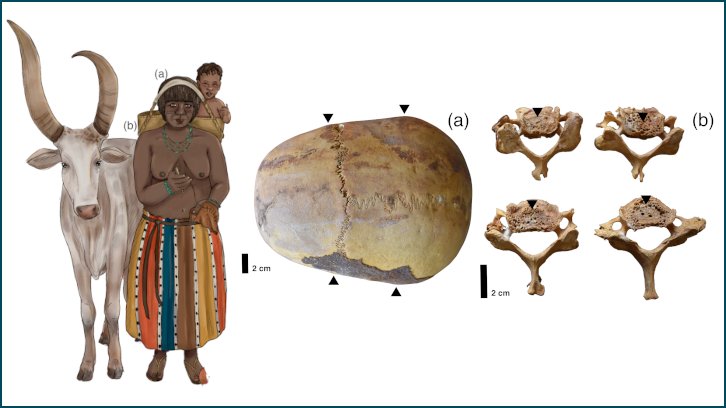Is indirect translation a friend or a foe of sustainable development?

A team of researchers has analyzed the advantages and disadvantages of translating and subtitling audiovisual products into a third language via English - the most common pivot language in subtitling- for professionals in the sector and society in general, based on the United Nations’ Sustainable Development Goals (SDGs). Their conclusions: quality must be improved, linguistic imbalances monitored, and decent working conditions ensured.
Streaming services such as Netflix and Disney Plus are releasing more and more programmes/shows in languages other than English. According to some estimates, non-English shows should reach over 30% of all content available through these services. To make sure that viewers worldwide can watch non-English content with subtitles in their preferred language, this content is often translated through an intermediate language rather than directly. This is called pivot template subtitling. This method involves creating a stepping-stone version of subtitles in a language that is different from the language of the original content and from the language of the subtitles visible to viewers. This method is highly controversial: vendors tend to favour it for speed and cost-efficiency, but professional translators often see it as a threat to their profession, raising issues regarding ethics, rates, working conditions and translation quality.
With this study, we wanted to check to what extent this method helps strengthen the implementation of the United Nations’ Sustainable Development Goals (SDGs). More specifically, we wanted to know if pivot subtitling paves way to inclusive and sustainable economic growth and decent work for all. For this, we critically reviewed 29 European codes of ethics promoted by professional translators’ associations and, using an online questionnaire, we surveyed 376 subtitlers on their experience in working with pivot templates.
Our findings suggest that pivot workflows create more job opportunities for a vast majority of subtitlers. This is because most subtitlers work from or into English, and this language is the most used pivot language. At the same time, this method takes away opportunities for subtitlers who can translate rare language pairs directly. Moreover, the method is beneficial because it offers a workaround for language pairs where no qualified translators are available. However, the downside is that this workaround might exacerbate this lack of competences: why would a translator invest in learning rare languages if few job opportunities are available?
Both the analysed codes of ethics and subtitlers’ insights suggest that clients see its benefits (in terms of productivity and revenue) but not its drawbacks (possible loss of quality). The implication is that although the method allows a faster distribution of translated content at lower costs, benefits do not reach translators: Translators are offered lower rates because part of the work (spotting or synchronizing the subtitles with the audio) is supposedly done for them. So, they have access to more jobs, but these jobs may be worse paid.
All in all, our research shows that pivot template subtitling may well accelerate progress by helping to provide viewers with access to non-English content, irrespective of their language, thus contributing to SDG10 (reduced inequality) or SDG4 (equitable education). However, this practice risks being abused in the industry, and could only accelerate progress in SDG8 (decent work for all) if deployed more ethically. For the pivot template subtitling to be sustainable, quality must improve, linguistic imbalances must be monitored, and decent working conditions must be ensured.
1) Department of Translation and Interpreting and East Asia Studies
Universitat Autònoma de Barcelona
2) Leiden University
3) Universidade Nova de Lisboa, FCSH,CETAPS
4) University of Lisbon, Centre for English Studies
References
Torres-Simón, E, S. Valdez, H. Pita & R. Menezes. 2023. “Is indirect translation a friend or a foe of sustainable development?”, Translation Spaces doi:10.1075/ts.22025.tor


